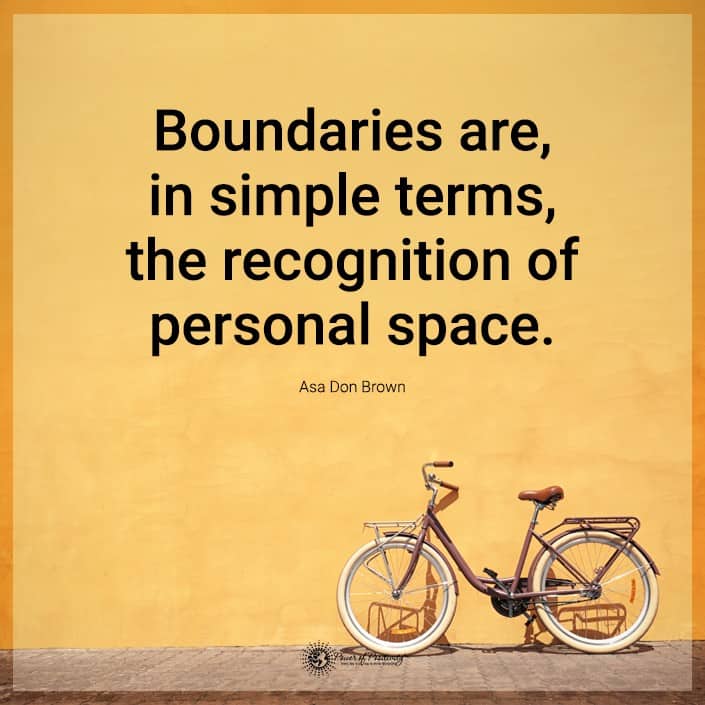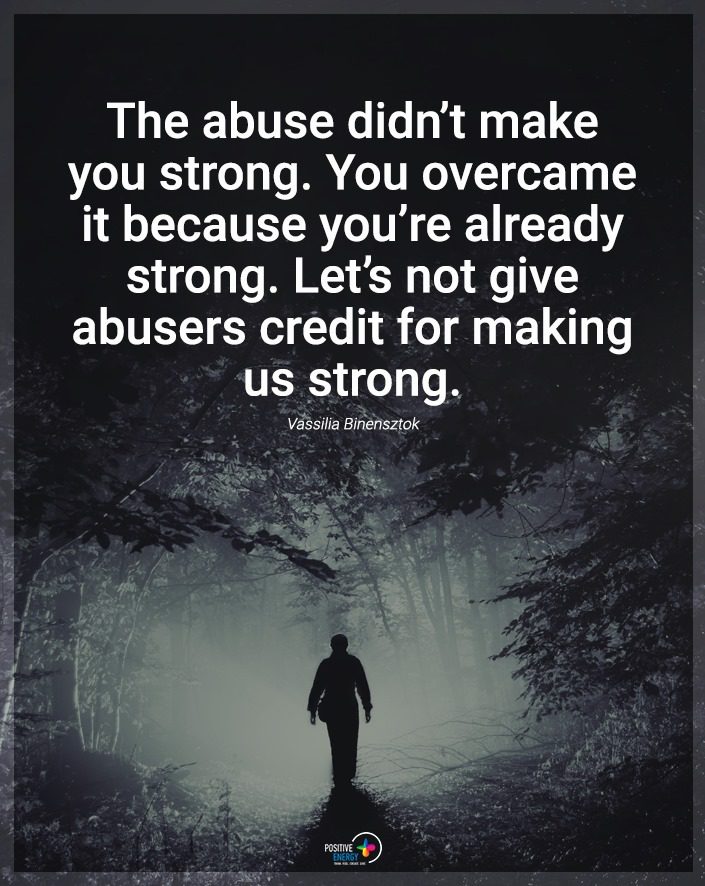Bullying is a complex and multi-dimensional issue that can have far-reaching consequences for bullies and everyone involved. It is essential to provide support and resources to victims of bullying. But it is also crucial to understand the root causes of this behavior to effectively prevent it from occurring. One of the critical factors that can contribute to children becoming bullies is family dynamics.
Children who grow up in homes lacking warmth and emotional support are likelier to engage in bullying. Children who witness or experience aggressive behavior at home may internalize these behaviors and view them as usual. Or they may use bullying to assert their dominance and control over others.
Peer relationships can play a significant role in developing bullying behavior in children. Children who are rejected or marginalized by their peers may be more likely to become bullies, to gain social status and power. Furthermore, children already engaging in bullying may be more likely to attract other children prone to aggression.
That way, they can form a network of peers who reinforce and escalate bullying behavior. Societal factors can also contribute to the development of bullying behavior in children. For example, in a culture that values power and dominance, children may view bullying to assert their status and control over others.
Exposure to violent media and entertainment can desensitize children to aggression and make it seem like an acceptable means of conflict resolution. Many complex factors can contribute to children becoming bullies. So, a multi-faceted approach is necessary to effectively prevent and intervene in bullying behavior.
What Causes Children to Become Bullies?

1. Bullies Often Have a Lack of Proper Parental Support
Children who do not receive adequate parental attention and support may feel neglected or rejected. Lack of support can lead to insecurity and a desire for attention and validation. This can manifest in various ways, including aggressive or bullying behavior toward peers. By becoming bullies, children may feel a temporary sense of power and control, which can help them to feel better about themselves.
However, this behavior ultimately harms both the bullies and their victims. Parents and caregivers need to provide children with attention and support. They need an emotional connection to thrive and develop healthy relationships with others.
This can include spending quality time with children, actively listening to their concerns, and providing positive reinforcement and praise for positive behavior. By doing so, parents and caregivers can help to prevent the development of bullying behavior. In addition, they can promote a healthy sense of self-esteem and connection to others.
2. Exposure to Violence
Exposure to violence can have a desensitizing effect on children. It can make them more likely to accept aggression as a viable means of conflict resolution. Children who witness or experience violence in their homes, neighborhoods, or communities may become desensitized to this behavior. This means they’ll grow to see it as normal and acceptable.
Similarly, exposure to violent media and entertainment can also desensitize children to aggression. And it can make it seem like an acceptable way to solve problems. As a result, children who have been exposed to violence may be more likely to engage in aggressive behavior themselves. Plus, they may be less likely to intervene or seek help when witnessing bullying.
There are some things parents can do to prevent their kids from becoming bullies. Parents and caregivers need to limit children’s exposure to violence in their homes, media, and entertainment. This can involve monitoring the media and entertainment children are exposed to.
You can also provide them with alternatives to violent behavior, such as positive role models and healthy conflict resolution strategies. Parents and caregivers can model non-violent behavior themselves. By doing this, they can show there are more effective and compassionate ways to handle conflict and build healthy relationships with others.
3. Lack of Empathy
Empathy is the ability to understand and relate to the feelings of others. It plays a crucial role in the development of healthy social relationships. Children who do not develop empathy may struggle to understand the impact of their behavior on others. So they may be more likely to engage in bullying behavior.
Some children may naturally struggle with empathy, while others may develop a lack of sympathy due to various environmental factors, such as neglect or exposure to violence. A lack of empathy can lead to a lack of understanding and respect for others. So, forming healthy relationships and handling conflict constructively becomes more difficult.
There are several strategies that parents and caregivers can use to help bullies develop empathy. One practical approach is to model empathetic behavior and encourage children to express their emotions and perspectives. This can involve actively listening to children, asking them how they feel, and responding compassionately and understanding.
It is also essential to provide opportunities for children to practice empathy and understanding through activities like role-playing and problem-solving. By doing so, children can learn to connect with others on a deeper level and become more compassionate and understanding.

4. Being Rejected by Their Peers
Children who are rejected or marginalized by their peers may feel a sense of social isolation. Sometimes, they struggle with low self-esteem and a desire to gain social status and power. Unfortunately, this can sometimes lead them to become bullies to assert their dominance and gain control over their social environment.
Bullying others may acquire validation from their peers, which can help them feel better about themselves. However, this behavior will only make the bullies feel worse and more marginalized. It can lead to further social isolation and a negative cycle of aggression and victimization.
Parents can work to create inclusive and supportive environments for all children, regardless of their social status or background. This can involve promoting positive social interactions and providing opportunities for children to build positive relationships with others. It’s also important to recognize and address bullying or exclusion. By fostering a sense of community and belonging, you can help prevent the development of bullying behavior.
5. Power Imbalances
Children who feel powerless or marginalized in other aspects are likely to become bullies. They do this to assert their dominance and control over others. This can be particularly true when a child feels like they lack control or agency. For example, this can happen in a home environment where they may be experiencing neglect or abuse.
Or it can be triggered by a school environment where they may feel unsupported or misunderstood. But being too popular can also nudge kids toward becoming bullies. This is because they may view themselves as being in a position of dominance and power. As a result, they will seek to reinforce this position by exerting control over others.
They may also feel a sense of entitlement or superiority that can lead them to engage in bullying behavior. But it’s also important to note that most kids who feel powerless can quickly become victims of bullying. This is because bullies often target children perceived as being vulnerable, weak, or different in some way. They may see this power imbalance as a sign of weakness or vulnerability.
6. Trauma or Abuse
Children who have experienced trauma or abuse may internalize these experiences and develop feelings of powerlessness or helplessness. Trauma and abuse can cause significant emotional distress. Children who have experienced these events may struggle with anger, fear, and anxiety.
These feelings can lead them to feel a need to exert control over their environment. Bullying can be how they assert control and power over others and their emotions. Children who have experienced trauma or abuse struggle with emotional regulation. So, they may have difficulty coping with their feelings in healthy ways. This can lead to emotional dysregulation and reactive behavior, including bullying behavior.
In some cases, children who have experienced trauma or abuse may also have difficulty recognizing and understanding the emotions of others. This can make it more difficult for them to empathize with and relate to their peers. Parents should provide appropriate support and resources to help children process and cope with their experiences.
7. Societal Norms
Societal norms and cultural values can significantly shape children’s behavior and attitudes toward bullying. In some cultures, a greater emphasis may be placed on power and dominance over empathy and compassion. Children who grow up in such environments may internalize these values.
They may view bullying as an acceptable means of asserting their status and control over others. Media and entertainment can also impact children’s attitudes toward bullying. Children are often exposed to television shows, movies, and video games that glamorize violence and aggression.
So, they may become desensitized to these behaviors and see them as acceptable ways to resolve conflicts. This can normalize bullying behavior and make children more likely to engage in similar real-life behaviors. In addition, societal factors such as poverty, discrimination, and social inequality can also contribute to the development of bullying behavior.
Children who grow up in poverty or experience discrimination or social exclusion may feel powerless and marginalized. This often leads them to seek power and control through bullying behavior.

Final Thoughts on Some Reasons That Cause Children to Become Bullies
Many complex factors can contribute to the development of bullying behavior in children. These factors can include individual, family, and societal influences. Children who experience neglect, rejection, or trauma, and those who lack empathy, can be more likely to engage in bullying behavior.
Children who feel marginalized, powerless, or who have experienced abuse may use bullying to assert control and cope with their feelings of powerlessness. Societal and cultural factors, such as the emphasis on power and dominance over empathy and compassion, and exposure to media that glamorizes violence and aggression, can also contribute to the development of bullying behavior.
Poverty, discrimination, and social inequality can also play a role in developing bullying behavior. Addressing bullying behavior in children and creating a culture that promotes empathy, compassion, and non-violent conflict resolution is essential.
!function(r,u,m,b,l,e){r._Rumble=b,r[b]||(r[b]=function(){(r[b]._=r[b]._||[]).push(arguments);if(r[b]._.length==1){l=u.createElement(m),e=u.getElementsByTagName(m)[0],l.async=1,l.src=”https://rumble.com/embedJS/ug6pt”+(arguments[1].video?’.’+arguments[1].video:”)+”/?url=”+encodeURIComponent(location.href)+”&args=”+encodeURIComponent(JSON.stringify([].slice.apply(arguments))),e.parentNode.insertBefore(l,e)}})}(window,document,”script”,”Rumble”);
Rumble(“play”,{“video”:”v4estn”,”div”:”rumble_v4estn”,”autoplay”:2});
The post Psychologists Explain What Causes Children to Become Bullies appeared first on Power of Positivity: Positive Thinking & Attitude.


